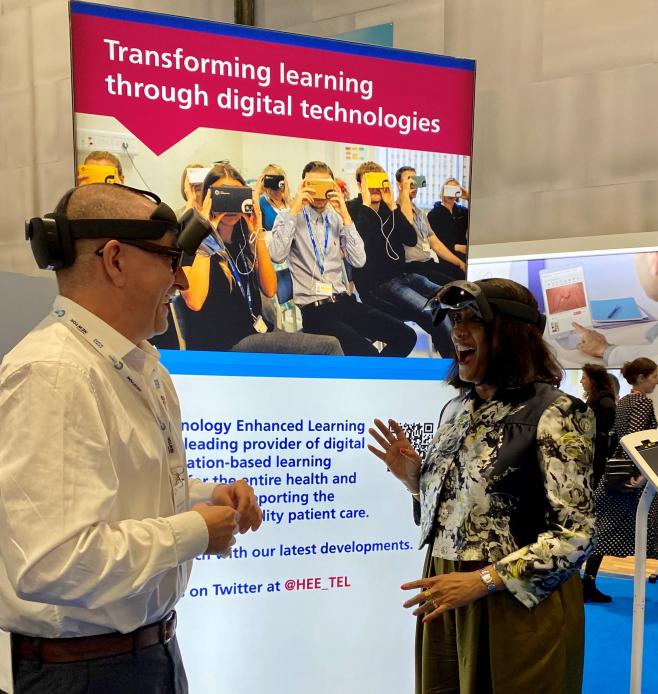You are here
Doing the right thing isn’t always easy
19 November 2021

The COVID-19 pandemic has shown the extent of health inequalities even more starkly and has emphasised the need for us to improve fairness for everyone. This means ensuring we address ongoing health inequalities by investing the money we have in ways that best meet patient needs.
Our duty to patients, taxpayers and our NHS people is to ensure education and training funds are used effectively and distributed fairly in relation to patient need. Across the NHS, this means we must have open and honest conversations, based on evidence about effectiveness, outcomes, and value for money, about how this money is currently spent and whether it can be spent better.
An example of this is the funding of postgraduate medical training posts, which have so far been distributed across England based on historical arrangements. These posts are sometimes not well aligned with patient needs and so don’t provide the level of some of the services required by local populations.
While doctors in training provide services to patients and are therefore an integral part of the workforce, they are one of many parts. This provides further potential to align the numbers of doctors in training with the development of wider multi-disciplinary teams to better meet the overall healthcare needs of local populations, regardless of any specific geography.
We are undertaking this work with NHS England and NHS Improvement and ensuring we involve the wider NHS community and partners. We must openly question the way specialty training posts are currently distributed. Informed by evidence, open collaborative debate, and honest challenge, we must then make transparent and connected decisions about the distribution of these across England.
Our work with NHS England and NHS Improvement has already shown how we can more fairly distribute funding for training places in haematology, obstetrics and gynaecology and cardiology. These adjustments will take place over time and will depend upon individual programmes, length of training and size of changes required. We will work flexibly with a focus on patient safety and educational excellence, improving fairness for all across geographies and specialties. We will need to use the learning these first three specialties give us to inform how we implement improving the fairness of distribution across the other medical specialties.
This sounds straight forward, logical, and fair. However, in implementing this clear principle, difficult conversations are required with NHS colleagues in areas of the country that have previously had a higher share of this finite workforce resource than will be the likely case in the future.
Tackling health inequalities has in the past been in the 'too difficult' box, but this has meant that where HEE spends the public money to train its doctors increasingly does not align with where they are necessarily most needed. In this instance, doing the right thing for the right reasons doesn't feel easy but it is essential for patients. By putting these wicked issues onto our collective ‘to do lists’ we have a great opportunity to ensure that the future workforce supply is the result of better alignment of training, service, and patient need.
Best Wishes
Navina
Dr Navina Evans
Chief Executive
Health Education England
This Page was last updated on: 19 September 2021